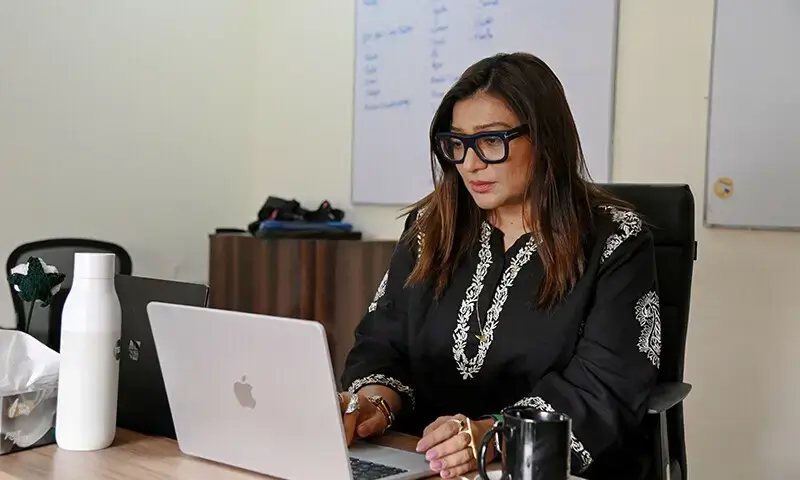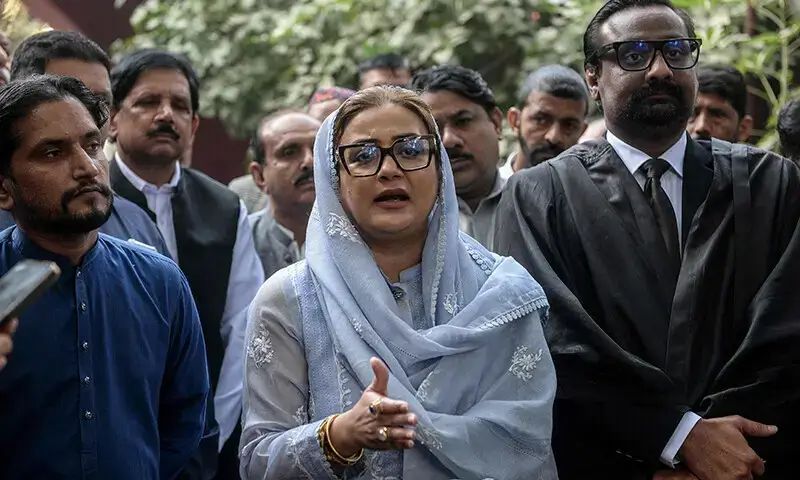The Rising Threat of Deepfakes
In Pakistan, deepfake technology has become a powerful weapon for attacking female leaders, subjecting them to previously unthinkable amounts of online harassment and harm to their reputation. The recent incident involving Punjab Information Minister Azma Bokhari underscores the growing threat of media manipulation.
A Personal Story of Deepfake Violation
When a sexualised deepfake video of Bokhari’s face placed on the body of an Indian actress started making the rounds on social media, she was distressed. According to the 48-year-old lawmaker, the event was quite traumatic:
- The video left her depressed and silent for days
- Her daughter encouraged her to fight back
- She is now pursuing legal action through Lahore’s High Court
The Technological Landscape of Deepfakes
Key contextual factors driving the deepfake phenomenon in Pakistan include:
- As of January 2024, 110 million people in Pakistan were using the internet.
- In a single year, there were 24 million new internet users.
- Access to affordable 4G mobile internet
Gendered Digital Violence Through Deepfakes
Unlike male politicians who face criticism about corruption or ideology, women are uniquely vulnerable to deepfake attacks that:
- The reputation of the target
- Take advantage of conservative social standards
- Use “honor” and sexuality as weapons.
- might jeopardize the personal safety of women
AI expert Henry Ajder describes deepfakes as “a very harmful weapon” created especially to lower women’s status in society.
Cultural Implications of Deepfakes
Women’s reputations are strongly related to ideas of “honour” in Pakistan’s patriarchal society, which are characterized by:
- Modesty
- Sexual chastity
- Family reputation
A woman’s social status can be severely harmed by a single edited photo or video, and in severe situations, it may even be fatal.

Political Manipulation and Deepfake Challenges
Deepfake technology has infiltrated political discourse, as demonstrated during recent elections:
- While incarcerated, former Prime Minister Imran Khan used voice-activated artificial intelligence.
- Videos of politicians such as Maryam Nawaz Sharif that have been altered have been widely available.
- It’s usual to see photoshopped photographs that imply improper social interactions.
Legal and Digital Rights Perspectives on Deepfakes
Existing Legislative Framework
In 2016, Pakistan enacted laws against cybercrime that addressed:
- Online crimes
- Unauthorized sharing of images/videos
- Provisions against digital harassment
Challenges in Implementation
Digital rights activists argue that:
- Current laws are frequently abused to stifle opposition.
- The government’s strategy of banning social media sites is ill-conceived.
- Such acts infringe against the fundamental rights to information access and expression.
Moving Forward Against Deepfakes
Bokhari and digital rights advocates emphasize the need for:
- Improved capacity to investigate cybercrimes
- More robust legal safeguards
- Enhanced media literacy
- Technological methods for identifying and stopping deepfakes
In the contemporary Pakistani context, the fight against deepfakes is a crucial nexus of gender politics, digital rights, and technology.

